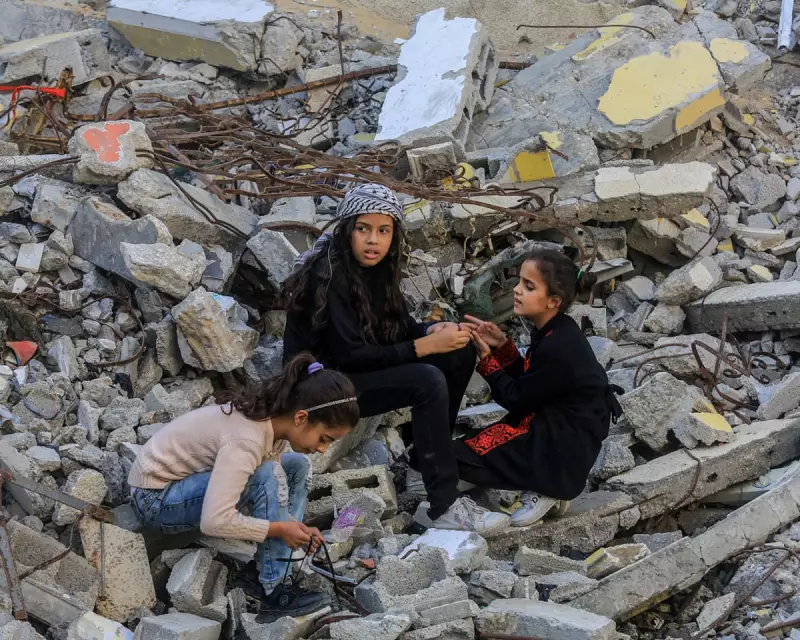
Ceasefire Brings Little Relief as Civilian Suffering Intensifies
The declaration of a ceasefire in Gaza initially offered hope to its beleaguered inhabitants, but recent developments have dashed those expectations. Officials reported that Israeli strikes killed 33 people, including 12 children on Wednesday alone, with Israel claiming its troops had come under fire. Another five Palestinians lost their lives on Thursday, adding to the hundreds who have died since the ceasefire was announced.
Aid Restrictions Compound Humanitarian Catastrophe
Even if the shelling were to stop completely, the systematic destruction of Palestinian life continues unabated as Israel maintains its tight restrictions on humanitarian aid. The World Health Organization delivered a stark warning last month, indicating that the health catastrophe would persist for generations due to the current conditions.
Food supplies remain critically short, while displaced families endure miserable conditions in flooded makeshift shelters. Many face their third consecutive winter of homelessness, with aid organisations unable to distribute stockpiled tents and tarpaulins due to access restrictions. Israel, which denies blocking aid, has classified tent poles as dual-use items that could potentially serve military purposes.
The situation for children is particularly dire. Save the Children has documented cases of children sleeping on bare ground in sewage-soaked clothing, highlighting the extreme deprivation facing the youngest Gazans.
Controversial International Plans Draw Criticism
Recent revelations about US plans for Gaza's long-term future have raised serious concerns. The proposal involves dividing the strip into a green zone under Israeli and international control for redevelopment, while leaving a red zone in ruins. A US official described the reunification of Gaza as merely aspirational.
This vision, which would see international troops effectively supporting Israeli occupation while Palestinians are drawn to developed areas to escape squalor elsewhere, bears uncomfortable resemblance to failed US policies in Iraq and Afghanistan.
The UN security council resolution this week, endorsing Donald Trump's peace proposals, establishes what political scientist Nathan Brown describes as a situation where what looked like a forever war may be metamorphizing into forever misery. The resolution includes references to a Palestinian state and Israeli withdrawal, but these are couched in vague terms as potential rewards for good behaviour rather than recognition of fundamental rights.
Germany's announcement that it will resume weapons exports to Israel has further complicated the international response, leading to accusations that some governments are more concerned with conscience-salving and reputation-laundering than with Palestinian welfare.





